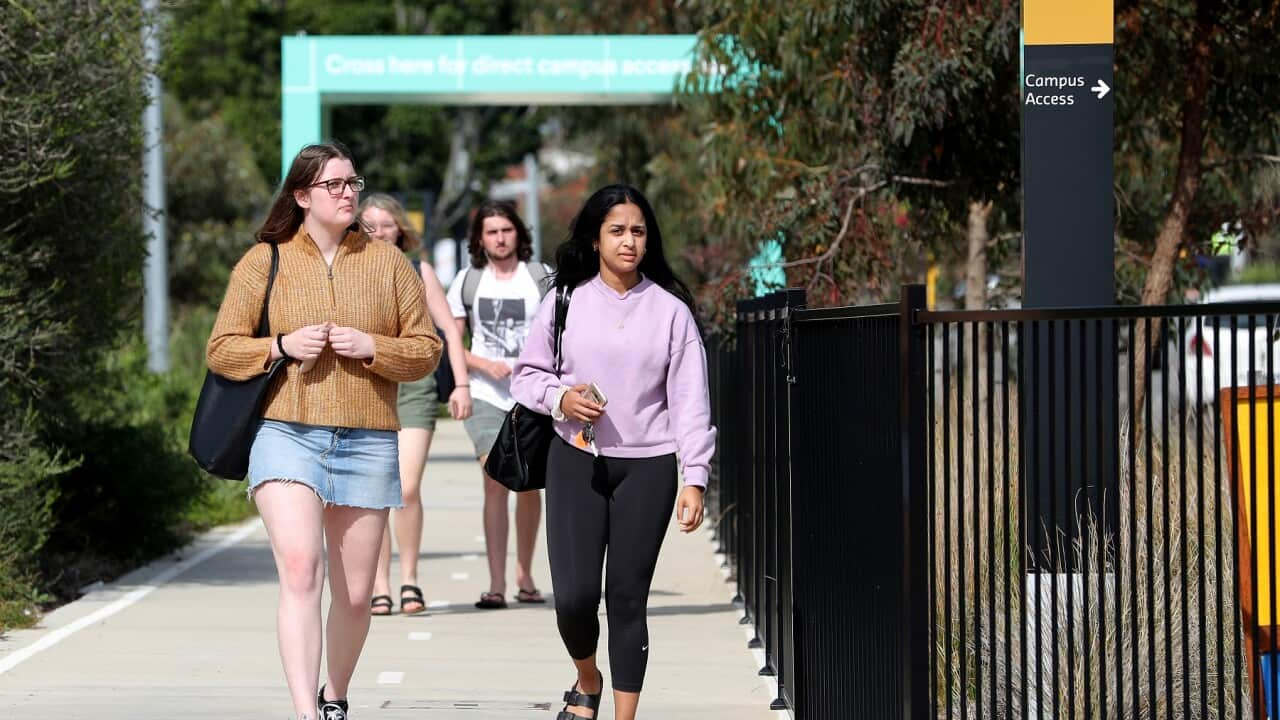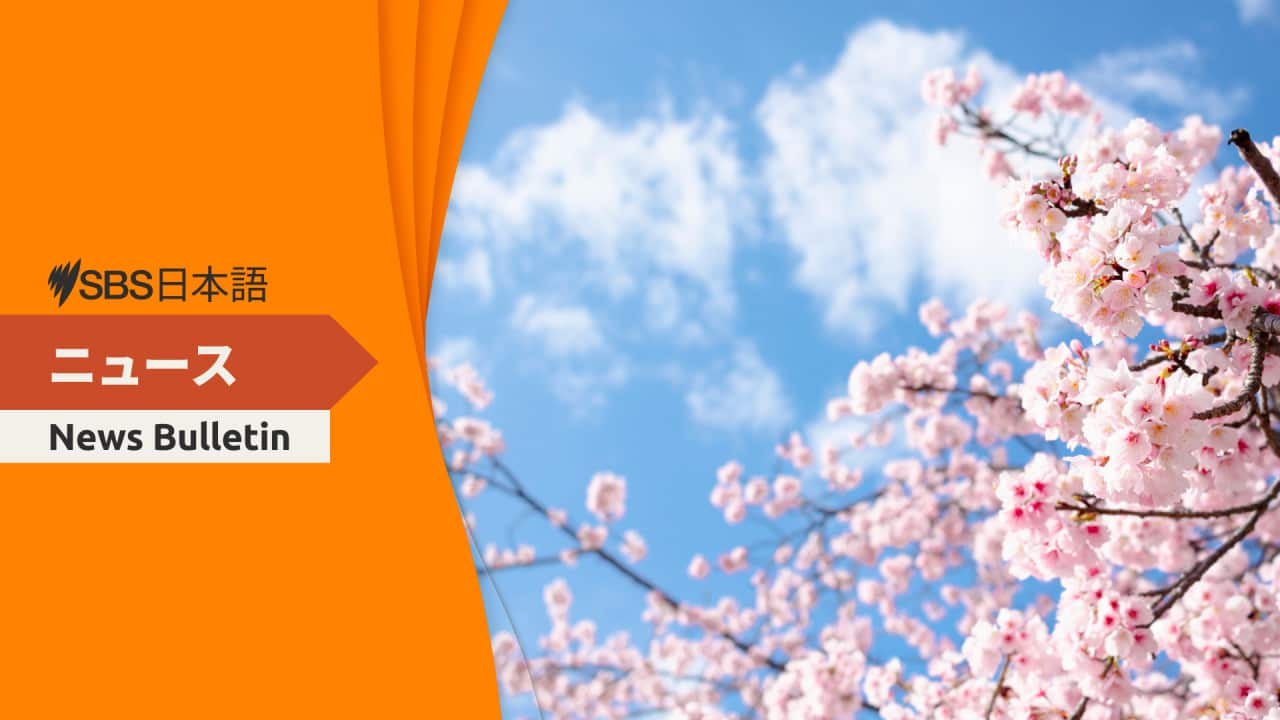One year and nine months after closing its borders in March 2020, Australia has finally reopened its borders to international students and other visa holders, as well as Japanese and Korean nationals.
Strict regulations and abrupt lockdowns have kept the number of infections and deaths under control compared with other countries, but the lack of new international students has forced many private schools to close or merge, says Chisato Oka, a Sydney-based study abroad adviser.
On the other hand, schools with strong parent bodies, such as university-affiliated schools and local schools, "survived" , adding that local schools have informed her that they are ready to accept students from February next year.
"Its a pity that these small private school did not make it"
Chisato says, that "the government's commitment to providing English language education has not changed", and is providing support to ensure that it can continue.
"So students can study abroad [in Australia] with confidence" she spoke to SBS Japanese.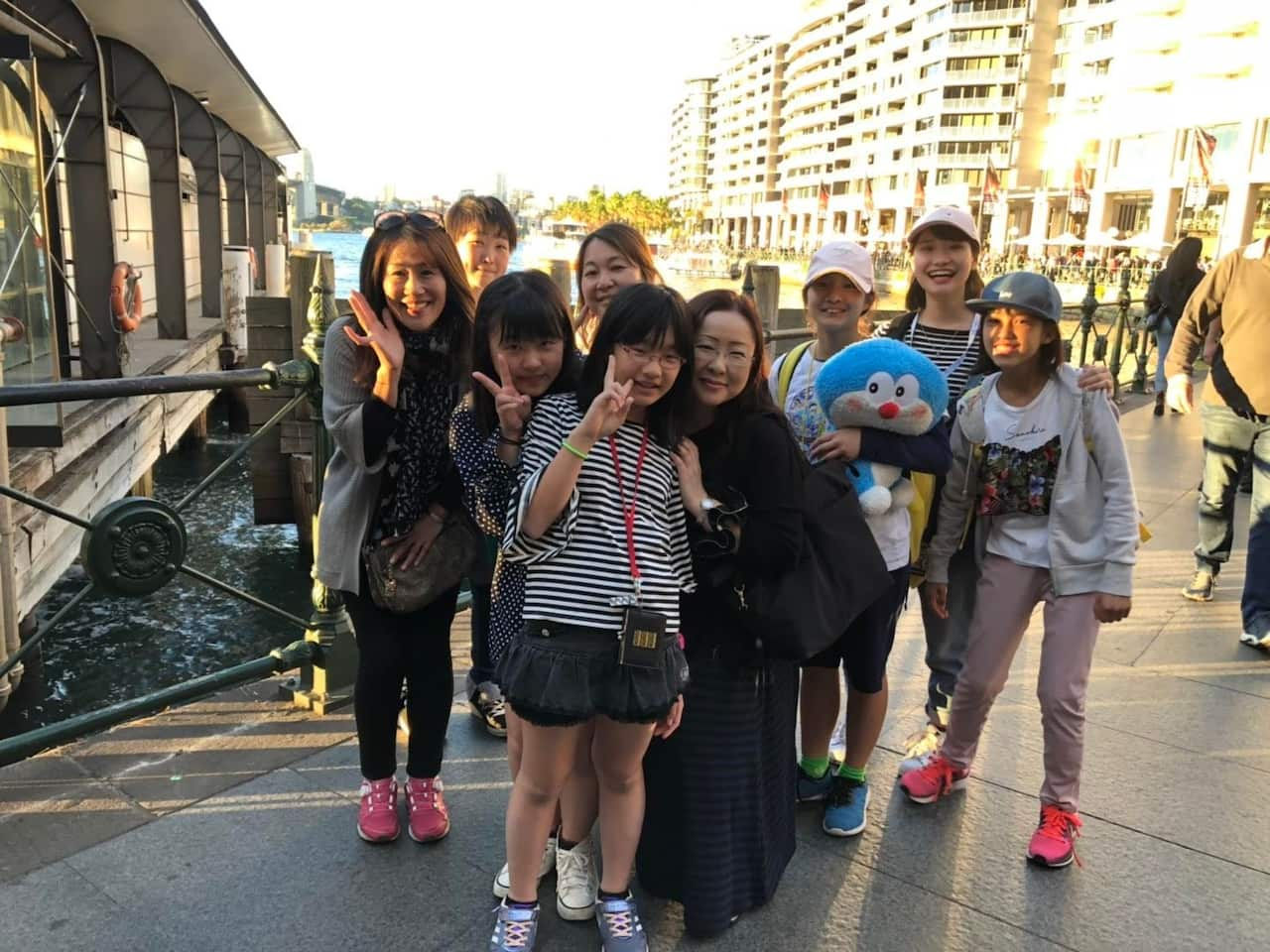 Many international students who were at their home countries when the border closed, could not return, while others have struggled financially or had no other choice but to return home without the generous support offered to Australian citizens and permanent residents. How was this situation perceived by Japanese people who were considering studying in Australia?
Many international students who were at their home countries when the border closed, could not return, while others have struggled financially or had no other choice but to return home without the generous support offered to Australian citizens and permanent residents. How was this situation perceived by Japanese people who were considering studying in Australia?

Study abroad advisor and Sydney resident, Chiasto Oka (far left) Source: Chisato Oka
Naoko Kazumi, who runs Kids English Club, an English conversation school for kindergarteners to adults in Chiba City, Japan, surveyed parents of her students and found that 25 per cent said their "impression of Australia had improved" while 75 per cent said their "impression had not changed".
She says that Australia's strict restrictions has further increased people's perception that "Australia is a safe country" especially for the younger students.
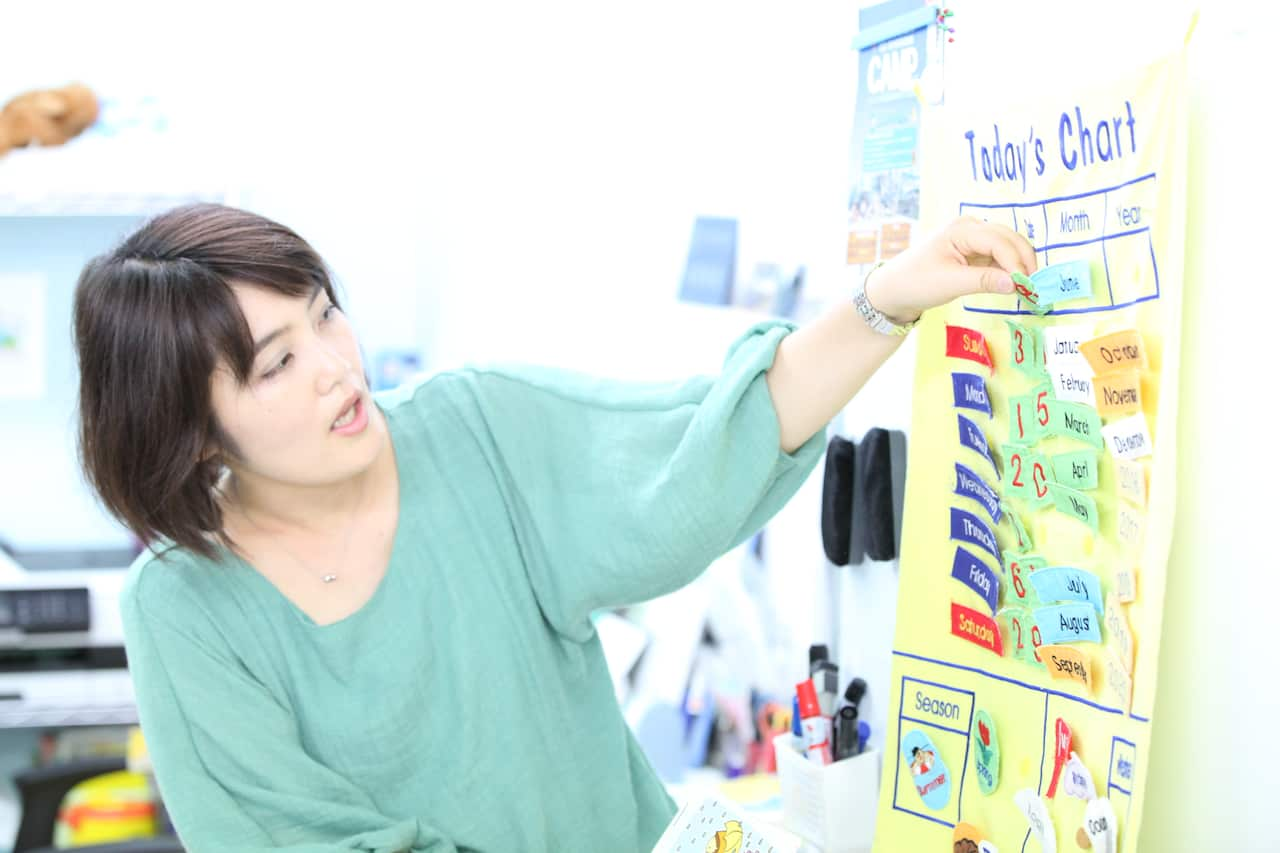
”Australia is now perceived as a safer country" says Naoko Kazumi, co-ordinator of Kids English Club, Japan. Source: Naoko Kazumi
Shigeo Furukawa opened Grow Tree English Café in Chiba prefecture Japan, to provide a "natural English-speaking environment" in the midst of the COVID pandemic.
He says that with the pandemic preventing people from going abroad, people are looking at travelling to foreign countries more than ever before.
Shigeo says that his students, who are planning to study in Australia, have kept up their motivation by studying English during this time.
Shigeo started the café with the hopes of "breaking down the barriers of English".
He himself has studied abroad in Australia and the United States, and says that his own experiences have made him realize that "English is about communication" and that the key is to "communicate what you want to say", rather than worrying about being right or wrong.
The Grow Tree English Café provides such environment to converse.
Kamil Tavkhidov, who is originally from Uzbekistan, have lived in Japan for 15 years now. He is one of the English teachers at the cafe, and says that the demand for English is higher than ever before.
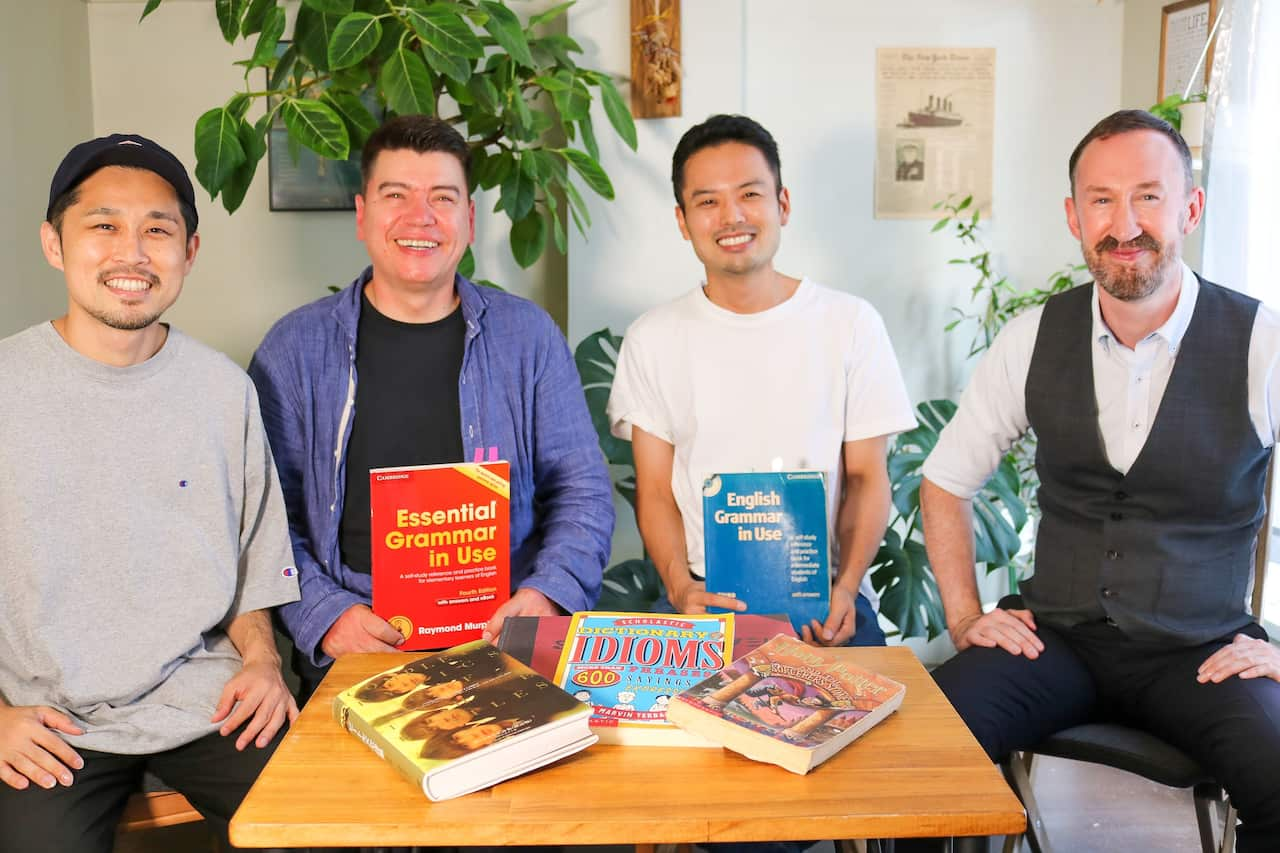
Grow Tree English Cafe, Chiba Japan, provides an all English environment to learn the language Source: Shigeo Furukawa
"Maybe its a cultural thing, because everyone is so polite in Japan, and they don't want to be reckless when they approach anything. It's hard for many people to be freely expressing themselves. Many people hold back " says Kamil.
"So we try and open them up. Its ok to make mistakes, you will learn from the process. We encourage them to approach with an open mind"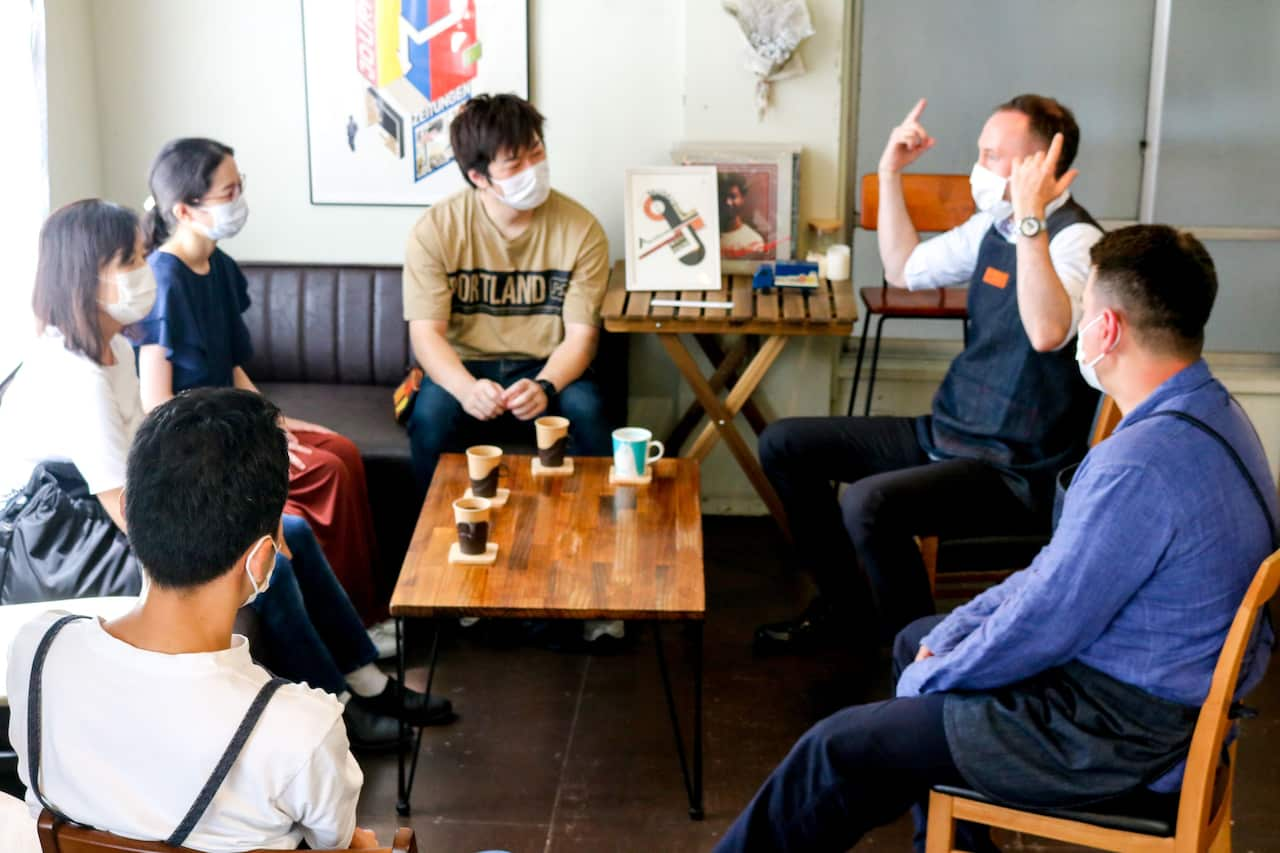 Online platform open ways to study abroad
Online platform open ways to study abroad

English teacher Kamil Tavkhidov says, many of the students tend to hold back, and do not experience English freely and openly Source: Shigeo Furukawa
Online platforms are being used more than ever before in the wake of the pandemic, and Chisato too, has used the opportunity to connect Japanese and Australian kids online.
Chisato held a zoom live event for the students of Kids English Club , where Australian children visited the supermarket.
Naoko says that her students were fascinated, asking "What is that? What does it taste like?"
"Before the pandemic, I have never considered an online exchange" says Naoko.
"Studying abroad is often perceived to be expensive, but this online exchange has made it more accessible, especially for the young children"
It has acted like a first step to studying abroad or trialing. Chisato says people are able to connect with their homestay families and even look at what their "potential home" may look like.
"I think the situation where people can study in different ways will continue"
Listen to SBS Japanese Radio on Tue, Thu and Sat from 10pm

